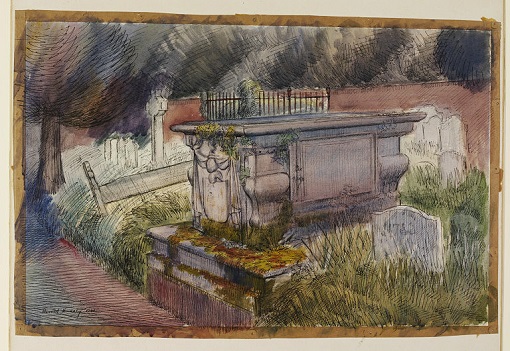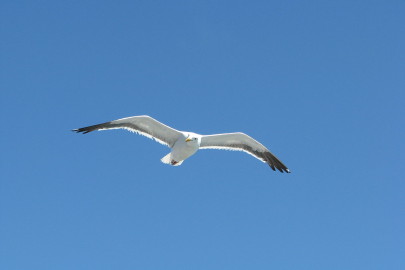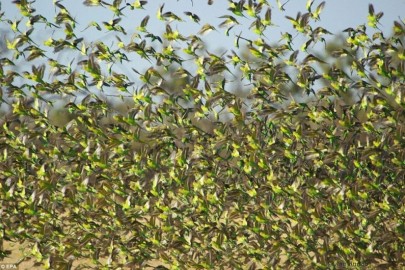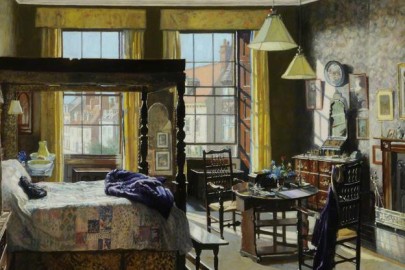“Eternity Is Not Length Of Life But Depth Of Life” – how a line on a child’s grave haunted the poet Charlotte Mew…
Charlotte Mew, like any self-respecting Victorian poet, wrote her share of graveyard poems. Although I think of Mew as a modern poet, her life (she was born in 1869, and died in 1928) spanned both the Victorian and the “modern” worlds. Perhaps her funerary poems are a sort of remnant of her Victorian origins (with a touch of Romanticism thrown in).
Before turning to one of Mew’s poems, here is a passage from her essay “The Country Sunday”:
Often on moonlit nights, while from within the church the wheezy voluntary sounded, the moon, to my thought, has touched white headstones, giving them a weird and wakeful prominence — leaving the unmarked mounds bathed in a gentler, more forgetful light. Under the sward they slumbered more securely, those of whom men recorded nothing, leaving their virtues and their names with God; those whom man had remembered seeming to have missed their rest. Still I recall one puzzling line, written on a small marble slab over a child, whose short years numbered only three — ‘Eternity is not length of life but depth of life,’ and I have since many times wondered what was the history of that little child.
Charlotte Mew, “The Country Sunday” (published in 1905), Collected Poems and Prose (edited by Val Warner) (Virago Press 1981), page 371.
It is difficult to top the unknown philosopher who carved “Eternity is not length of life but depth of life” on the child’s grave marker. This rural philosopher may have stolen a march on Ludwig Wittgenstein, who, many years later, wrote: “If we take eternity to mean not infinite temporal duration but timelessness, then eternal life belongs to those who live in the present.” (Tractatus Logico-Philosophicus, 6.4311 (Pears/McGuinness translation)).
The following poem (from ‘The Rambling Sailor’ – 1929) by Mew seems appropriate.
On Youth Struck Down
(From an unfinished elegy)Oh! Death what have you to say?
‘Like a bride — like a bride-groom they ride away:
You shall go back to make up the fire,
To learn patience — to learn grief,
To learn sleep when the light has quite gone out of your earthly skies,
But they have the light in their eyes
To the end of their day.’












I was unaware of Charlotte Mew until reading Hermione Lee’s biography of Penelope Fitzgerald recently. Fitzgerald was a great admirer of hers and I had intended to seek out some of her work. This is a timely reminder to get on with it although, from the examples you quote here, I think I might prefer her prose to her poetry.
Maureen: Thank you very much for calling attention to Penelope Fitzgerald in connection with Charlotte Mew. As you probably know, Fitzgerald wrote a biography of Mew: Charlotte Mew and Her Friends (1984). As you might expect, it makes for sad reading.
As for Mew’s poetry versus her prose, I think (being biased in the matter, of course) that you ought to give her poetry a try. If I may, here are five poems to start with: “Rooms”; “The Road to Kerity”; “A Quoi Bon Dire?”‘ “I So Liked Spring”; “From a Window.” I apologize for the self-promotion, but, if you wish to find the poems quickly, you can go to my blog and click on “Charlotte Mew” in the “Labels” column on the left. I have posted these poems, plus others, over the past three years. Needless to say: read the poems and ignore my comments on them! (In one of the posts, there is also a touching letter she wrote to Thomas Hardy after being granted a Civil Pension at the instigation of Hardy, Walter de la Mare, and others.)
Again, thank you.
Thank you, Stephen. I have just visited your blog and been inspired to read more of Charlotte Mew’s poetry and to explore some of her contemporaries that you mention. Theirs is a period that I missed in my studies but I will remedy that now. I found your comments most helpful.
You’re very welcome, Maureen. My pleasure.